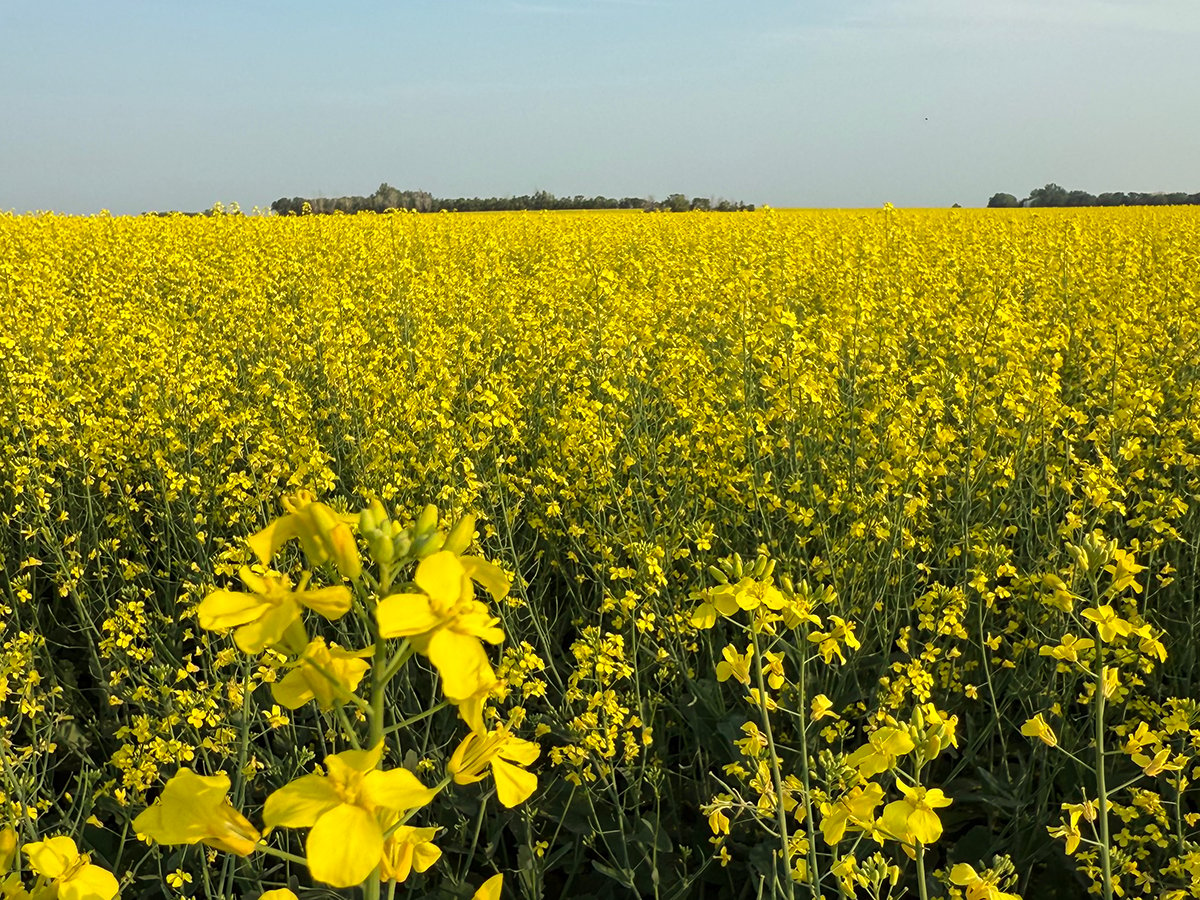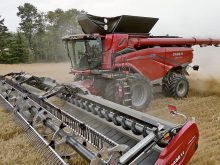The Canadian Grain Commission has completed its investigation on the contamination of the Canadian flax crop with CDC Triffid, an unapproved genetically modified variety.
“(Triffid) is present throughout the Canadian flaxseed crop at low levels across all prairie provinces,” said commissions spokesperson Remi Gosselin.
Discovery of the GM flax variety led to the closure of the European market for Canadian flax, a market that accounted for 80 percent of bulk flax exports in 2008-09.
In its traceback investigation the commission prepared 119 composite samples containing seed from terminal and transfer elevators, primary elevators, vessel shipments, 941 rail car shipments and producer harvest samples from the 2008 crop.
Read Also

Canola support gets mixed response
A series of canola industry support measures announced by the federal government are being met with mixed reviews.
Eleven of those 119 samples tested positive for the presence of Triffid but the commission was unable to determine a ground zero for contamination.
“It’s unfortunate that these results don’t point to a specific seed source or producer source,” said Gosselin.
The commission’s finding of widespread, low-level contamination of farms and the commercial handling system has been confirmed in a preliminary analysis of 2009 farm samples.
As of Dec. 1 grain companies are only accepting flax at their delivery locations in Western Canada that have been pretested for Triffid.
Quantum Biosciences Inc., a private Saskatoon lab, has processed several thousand of those samples and the early signs point to the same conclusions reached by the grain commission.
“It doesn’t mean that necessarily all producers have it but there is a general level out there and it’s not in one specific geographic area. It’s all over the place,” said Gosselin.
The commission will not be conducting any further Triffid testing, outside of testing outbound vessels for certification under a trade protocol signed between Canada and the European Union.
Quantum will continue testing 2009 farm supplies. Its findings will be shared with the Flax Council of Canada and with companies involved in the commercial purchase and sale of flax.
“It will be up to industry to release those results,” said Gosselin.















